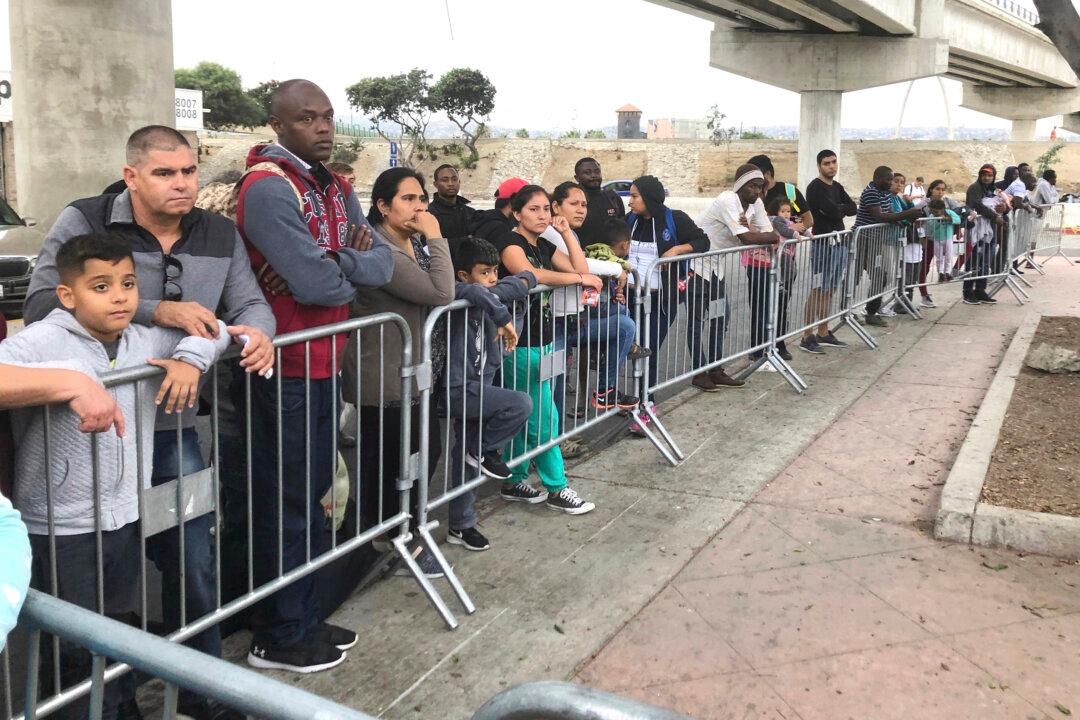Eleven states filed a motion challenging the White House’s move to rescind a Trump-era policy that seeks to ensure that immigrants can financially support themselves in order to become American citizens or obtain permanent residency.
The motion, led by Arizona Attorney General Mark Brnovich, is part of a lawsuit that his office filed on Feb. 3 against a recent immigration policy issued by the Department of Homeland Security (DHS) that halts most deportations for 100 days.





